Fall of Port Arthur
In the course of the Russo-Japanese War 1904-1905, the heroic defense of the Russian naval fortress Port Arthur, which lasted from February 9 1904, ended. Despite the fact that most of the participants of the military council, which was held on December 29, favored continuation of the defense, the head of this fortified area located on the Kwantung Peninsula, Lieutenant General Anatoly Steessel decided to surrender to Port Arthur. As a result, about 25 thousand people were taken prisoner by the Japanese. Japanese troops lost more than 110 thousands of people and 15 warships. During the fighting at Port Arthur, defense with the use of engineering structures and obstacles was further developed, mortars and hand grenades were designed and used for the first time, and searchlights were used to repel night storms.
Port Arthur capitulated
This event is one of the greatest events of today. stories. These three words, telegraphed yesterday to all corners of the civilized world, produce an overwhelming impression, the impression of a tremendous and terrible catastrophe, a misfortune that is difficult to convey in words. The moral strength of a mighty empire is crumbling, the prestige of a young race tarnishes, and it has not yet managed to unfold. A sentence is passed on the whole political system, a long line of claims is broken, mighty efforts are being broken. Of course, the fall of Port Arthur had already been foreseen a long time ago, had long since been finished with words and comforted themselves with ready-made phrases. But a tactile, rude fact breaks all conditional lies. Now the value of the collapse occurred can not be weakened. For the first time, the old world is humiliated by the irreparable defeat that has been inflicted on it by the new world, so mysterious and, apparently, adolescently young, yesterday only called to civilization. ”
So wrote, under the direct impression of the event, one reputable European bourgeois newspaper2. And, it must be confessed, she managed not only to vividly express the mood of the entire European bourgeoisie. Through the mouth of this newspaper, the faithful class instinct of the old world bourgeoisie, concerned about the successes of the new bourgeois world, alarmed by the collapse of the Russian military force, which has long been considered the surest stronghold of European reaction, speaks. It is not surprising that even the European bourgeoisie not participating in the war still feels humiliated and depressed. She was so used to identifying Russia's moral strength with the military power of the European gendarme. For her, the prestige of the young Russian race was inextricably linked with the prestige of an unshakably strong, firmly guarding modern “order”, royal power. No wonder that the catastrophe of the ruling and commanding Russia seems to the whole European bourgeoisie “terrible”: this catastrophe means a tremendous acceleration of world capitalist development, an acceleration of history, and the bourgeoisie knows very well, by accelerated experience, that such acceleration is an acceleration of the social revolution of the proletariat . The Western European bourgeoisie felt so calm in the atmosphere of long stagnation, under the wing of a “mighty empire,” and suddenly some kind of “mysterious, adolescently young” force dares to tear this stagnation and break these pillars.
Yes, the European bourgeoisie has something to be afraid of. The proletariat has something to rejoice at. The catastrophe of our worst enemy means not only the approach of Russian freedom. It also portends a new revolutionary upsurge of the European proletariat.
But why and to what extent is the fall of Port Arthur a truly historic catastrophe?
First of all, the significance of this event during the war is striking. The main goal of the war for the Japanese has been achieved. Progressive, advanced Asia dealt an irreparable blow to backward and reactionary Europe. Ten years ago, this reactionary Europe, led by Russia, was worried about the defeat of China by young Japan and united to take away the best fruits of victory. Europe protected the established relations and privileges of the old world, its preferred right, the centuries-old sanctified right to exploit Asian peoples. The return of Port Arthur by Japan is a blow to all reactionary Europe. Russia owned Port Arthur for six years, spending hundreds and hundreds of millions of rubles on strategic railways, on creating ports, on building new cities, on strengthening the fortress, which the whole mass of European newspapers bribed by Russia and slanderous to Russia glorified impregnable. Military writers say that Port Arthur was six Sevastopols in strength. And now, a little, despised by all until then, Japan takes possession of this stronghold at eight months after England and France fumbled together for a whole year with the capture of Sevastopol alone. A military strike is irreparable. The issue of predominance at sea has been resolved — the main and fundamental question of a real war. The Russian Pacific Fleet, at first formerly no less, if not more, stronger than the Japanese, was completely destroyed. The base for operations was taken away fleet, and Rozhdestvensky’s squadron can only shamefully come back, after the useless expenditures of new millions, after the great victory of the formidable battleships over the English fishing boats. It is believed that one material loss of Russia in the fleet alone amounts to three hundred million rubles. But even more important is the loss of tens of thousands of the best naval crew, the loss of a whole land army. Many European newspapers are now trying to weaken the significance of these losses, while at the same time zealously ridiculous, agreeing that Kuropatkin is “relieved”, “freed” from worries about Port Arthur! The Russian army was also liberated from the whole army. The number of prisoners reaches, according to the latest English data, 48 people, and how many thousands have died in the battles near Kinchau and under the fortress itself. The Japanese finally take possession of the entire Liaodong, acquire a stronghold of immeasurable importance for influencing Korea, China and Manchuria, liberate a hardened army of 000-80 thousand people to fight Kuropatkin and, moreover, with enormous heavy artillery, the delivery of which to the Shahe River will give them an overwhelming advantage over the main Russian forces.
The autocratic government, according to the news of foreign newspapers, decided to continue the war at any cost and send 200 000 troops to Kuropatkin. It may very well be that the war will continue for a long time, but its hopelessness is already evident, and all the delays will only exacerbate the incalculable disasters that the Russian people bear for enduring the autocracy on their neck. The Japanese, and still faster and richer in supporting their military forces after each major battle, than the Russians. And now, having achieved complete supremacy on the sea and complete destruction of one of the Russian armies, they will be able to send twice as many reinforcements than the Russians. The Japanese still beat and beat the Russian generals, despite the fact that the whole mass of the best artillery they had was engaged in a serf war. The Japanese have now achieved complete concentration of their forces, and the Russians have to fear not only for Sakhalin, but also for Vladivostok. The Japanese occupied the best and most populated part of Manchuria, where they can maintain an army at the expense of the conquered country and with the help of China. And the Russians have to be more and more confined to the supplies brought from Russia, and a further increase in the army will soon become impossible for Kuropatkin because of the impossibility of supplying a sufficient number of supplies.
But the military collapse suffered by the autocracy acquires even greater significance as a sign of the collapse of our entire political system. The times when wars were fought by mercenaries or representatives of a half-detached caste have forever gone forever. The wars are now being waged by the peoples, - even Kuropatkin, according to Nemirovich-Danchenko, has now begun to understand that this truth is not suitable for copybooks alone. The wars are now being waged by the peoples, and therefore the great quality of war is especially vivid today: exposing, in fact, before the eyes of tens of millions of people, the discrepancy between the people and the government, which was visible until now only to a small conscious minority. Criticism of autocracy on the part of all advanced Russian people, on the part of Russian Social-Democracy, on the part of the Russian proletariat is now confirmed by criticism of the Japanese weapons, confirmed so that the impossibility of living under autocracy is felt more and more even by those who do not know what autocracy means, even by those who know it and with all my heart would like to defend autocracy. The incompatibility of autocracy with the interests of all social development, with the interests of all people (except for a handful of bureaucrats and aces) came out, as soon as the people actually had to pay for autocracy with their blood. With its stupid and criminal colonial adventurism, the autocracy has found itself in such a dead end from which only the people themselves can free themselves and only at the price of the destruction of tsarism.
The fall of Port Arthur brings one of the greatest historical results of the crimes of tsarism, which began to be revealed from the very beginning of the war and which will now be revealed even more widely, even more uncontrollably. After us even the flood! - each small and big Alekseev reasoned, not thinking about that, not believing that the flood would really come. Generals and commanders turned out to be mediocre and worthless. The entire history of the 1904 campaign was, according to the authoritative testimony of one English military observer (in the Times 3), “a criminal disregard for the elementary principles of maritime and land strategy”. The civil and military bureaucracy turned out to be just as pathetic and corrupt as in the days of serfdom. The officers turned out to be uneducated, undeveloped, unprepared, deprived of close ties with the soldiers and not enjoying their trust. The darkness, ignorance, illiteracy, and the downtroddenness of the peasant masses came out with terrifying frankness when confronted with progressive people in a modern war, which also necessarily requires high-quality human material, like modern technology. Without an initiative, conscious soldier and sailor, success in a modern war is impossible. No endurance, no physical strength, no herding and solidarity of the mass struggle can give an advantage in the era of rapid-fire small-caliber guns, machine guns, complex technical devices on ships, loose systems in land battles. The military power of autocratic Russia turned out to be tinsel. Tsarism turned out to be a hindrance to modern, at the height of the newest demands of the organization of military affairs - the very case to which tsarism surrendered with all its soul, to which it was most proud, to which it made immeasurable sacrifices, without being embarrassed by any popular opposition. A coffin made of water is what turned out to be autocracy in the field of external protection, the most dear and close to him, so to speak, specialty. Events confirmed the correctness of those foreigners who laughed, seeing tens and hundreds of millions of rubles rushing to buy and building magnificent military courts, and talked about the uselessness of these costs in the inability to handle modern courts, in the absence of people capable of using the latest improvements. military equipment. Both the fleet, the fortress, the field fortifications, and the land army turned out to be backward and useless.
The link between the country's military organization and its entire economic and cultural system has never been as close as it is today. The military collapse could not but be the beginning of a deep political crisis. The war of the advanced country with the backward has played and this time, as it has repeatedly in history, a great revolutionary role. And the conscious proletariat, being the merciless enemy of the war, the inevitable and ineradicable companion of all class domination in general, cannot close its eyes to this revolutionary task, carried out by the Japanese bourgeoisie, which has beaten the autocracy. The proletariat is hostile to any bourgeoisie and all manifestations of the bourgeois system, but this hostility does not relieve it from the obligation to distinguish between historically progressive and reactionary representatives of the bourgeoisie. It is quite understandable, therefore, that the most consistent and decisive representatives of revolutionary international social democracy, Jules Gued in France and Hyndman in England, expressed their sympathies for Japan, which was smashing the Russian autocracy, without objection. In Russia, of course, there were socialists who showed confusion of thought in this matter. “Revolutionary Russia” 4 reprimanded Ged and Hyndman, saying that a socialist can only be for working, popular Japan, and not for bourgeois Japan. This reprimand is as ridiculous as if they were to condemn the socialist for recognizing the progressive nature of the free-trade bourgeoisie in comparison with the protectionist 5. Ged and Hyndman did not defend the Japanese bourgeoisie and Japanese imperialism, but on the issue of the clash of two bourgeois countries, they correctly noted the historically progressive role of one of them. The confusion of the thought of the “socialist revolutionaries” was, of course, the inevitable result of a misunderstanding of the class point of view and historical materialism by our radical intelligentsia. Could not fail to show confusion and the new “Spark”. She first uttered a lot of phrases about the world at all costs. She then rushed to “recover” when Jaures vividly showed whose interests, the progressive or reactionary bourgeoisie, should be served by a quasi-socialist campaign for peace in general. She has now finished with vulgar arguments about how inappropriate it is to “speculate” (!!?) On the victory of the Japanese bourgeoisie, and that war is a calamity “regardless of” whether it ends in victory or defeat of the autocracy. No. The cause of Russian freedom and the struggle of the Russian (and world) proletariat for socialism very much depends on the military defeats of the autocracy. This case has benefited a lot from the military collapse that inspires fear to all European guardians of order. The revolutionary proletariat must tirelessly agitate against the war, always bearing in mind that wars are unavoidable as long as class domination is held in general. Banal phrases about the world and la Jaures will not help the oppressed class, which is not responsible for the bourgeois warrior between two bourgeois nations, who does everything to overthrow any bourgeoisie in general, who knows the immensity of national disasters and during “peaceful” capitalist exploitation. But, fighting against free competition, we cannot forget its progressiveness as compared to the semi-serf system.
Not the Russian people, but the Russian autocracy began this colonial war, which turned into a war of the old and new bourgeois world. Not the Russian people, but the autocracy came to shameful defeat. The Russian people won by the defeat of autocracy. The capitulation of Port Arthur is the prologue to the capitulation of tsarism. The war is far from over, but every step in its continuation expands the immense ferment and indignation of the Russian people, bringing the moment of the new great war, the people’s war against the autocracy, the proletarian war for freedom. It is not for nothing that the most sober and sober European bourgeoisie is so anxious, which with all its heart would sympathize with the liberal concessions of the Russian autocracy, but which is more afraid of the fire than the Russian revolution as the prologue of the European revolution.
“The opinion is firmly rooted,” writes one of such sober bodies of the German bourgeoisie, “that an explosion of revolution in Russia is absolutely impossible. Protect this opinion with all sorts of arguments. They refer to the immobility of the Russian peasantry, their faith in the tsar, their dependence on the clergy. It is said that extreme elements among the disgruntled are represented only by a small handful of people who can make putsches (small flashes) and terrorist attacks, but in no way cause a general uprising. A wide mass of disgruntled, we are told, lack organization, weapons, and most importantly, the determination to risk themselves. The Russian intellectual is usually revolutionary only up to thirty, approximately, years old, and then he is perfectly settled in the cozy nest of the government town, and most of the hotheads are turning into a dozen official. ” But now, the newspaper continues, a number of signs indicate a major change. Not only revolutionaries speak of revolution in Russia, but such completely alien “hobbies”, respectable pillars of order, like Prince Trubetskoy, whose letter to the Minister of the Interior is now reprinted with the entire foreign seal6. “The fear of revolution in Russia seems to have a factual basis. True, no one thinks that the Russian peasants will take forks and go to fight for the constitution. But are revolutions being made in the villages? The major cities have long been the bearers of the revolutionary movement in modern history. And in Russia, it is in the cities that there is fermentation from the south to the north and from the east to the west. No one will undertake to predict how this will end, but that the number of people who consider the revolution in Russia impossible, decreases every day, this is an undoubted fact. And if a serious revolutionary explosion follows, it is more than doubtful that an autocracy weakened by the war in the Far East would cope with it. ”
Yes. Autocracy is weakened. The most unbelievers are beginning to believe in the revolution. Universal belief in revolution is already the beginning of a revolution. The government itself is concerned about its continuation with its military adventure. The Russian proletariat will take care of the support and expansion of the serious revolutionary onslaught.
________________________
The Central Party Archives of the Institute of Marxism-Leninism keep Lenin manuscripts of the preparatory materials for this article: several versions of the plan under the title “Capitulation (Fall) of Port Arthur” are printed in the Leninsky collection V, 1929, pp. 57 — 59; numerous extracts from the foreign and Russian press are published in Lenin's collections XVI, 1931, p. 37 — 42 and XXVI, 1934, p. 242 — 251.
2 This refers to the Belgian bourgeois newspaper “L'Independence Belge”, which in the January 4 issue of 1904 of the year published the leading article “Port Arthur” quoted by Lenin (see Lenin's Collection XVI, 1931, p. 37).
3 “The Times” (“The Times”) is a daily newspaper based in 1785 in London; one of the major conservative newspapers of the English bourgeoisie.
4 “Revolutionary Russia” - the illegal newspaper of the Social Revolutionaries; published since the end of 1900 in Russia by the “Union of Socialist Revolutionaries” (No. 1, marked 1900 for the year, actually came out in January of 1901 of the year). From January 1902 to December 1905 of the year went abroad (Geneva) as the official organ of the Socialist Revolutionary Party.
5 Free trade - the direction of the economic policy of the bourgeoisie, which requires free trade and non-interference of the state in private business. Free trade occurred in the second half of the 18th century in England during the industrial revolution; reflected the interest of the industrial bourgeoisie in the abolition of high import duties on bread and raw materials, in expanding foreign trade and in using the freedom of trade to oust weaker competitors from world markets. The stronghold of free trading in England in the 30 — 40 of the 19th century was the industrialists of the city of Manchester. Therefore, the free-traders were also called “Manchester”.
The theoretical substantiation of free-trade was obtained in the writings of A. Smith and D. Ricardo
In Russia, free-trade views were spread mainly among the part of landowners who were interested in the free sale of grain on the world market.
The class essence of free trade was revealed by K. Marx in “Speech on Free Trade” (1848) and other works. Without denying the progressiveness of the demand for free trade, since it accelerates the development of capitalism and exacerbates class contradictions, Marx showed that the bourgeoisie uses the slogan of free trade for social demagogy and deception of the masses, covering for them the desire for unlimited exploitation of the proletariat, colonial expansion and economic enslavement of the underdeveloped countries.
For a description of free-trade, see V. I. Lenin's work “Towards a Characteristic of Economic Romanticism. Sismondi and our domestic sismondists ”(Works, 5 ed., Volume 2, p. 248 — 262).
Protectionism is a system of economic measures aimed at the development of the capitalist industry or agriculture of a given country and their protection from foreign competition. The most important among these measures are high customs duties on foreign goods in order to reduce their import, quantitative restrictions on imports, foreign exchange bans, encouraging export of domestic goods by lowering export duties, issuing cash subsidies to individual capitalists, etc.
Protectionism arose in the era of primitive accumulation in England and became widespread in the era of industrial capitalism, especially under imperialism. Under imperialism, the goal of protectionism is to provide capitalist monopolies with the sale of goods in the domestic market at elevated prices, to obtain monopoly super-profits by plundering the masses.
6 A letter from the Moscow provincial leader of the nobility, Prince P.N. Trubetskoy, to the Minister of the Interior, Svyatopolk-Mirsky, was written on December 15 (28) of 1904 of the year and was printed in 62 (18) of December of 31 on the 1904 number. Describing the state of the social movement, Trubetskoy wrote that "what is happening now, n'est pas emeute, mais une revolution (not insurgency, but revolution. Ed.); That at the same time the Russian people are pushing into revolution ...
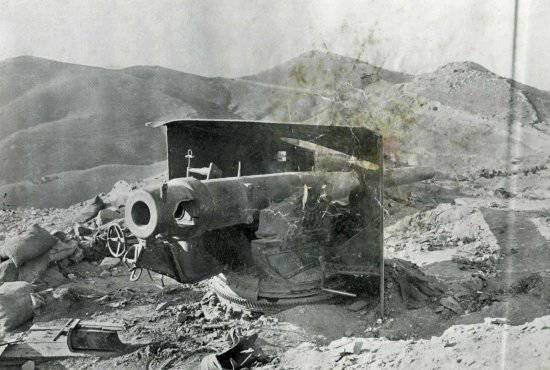

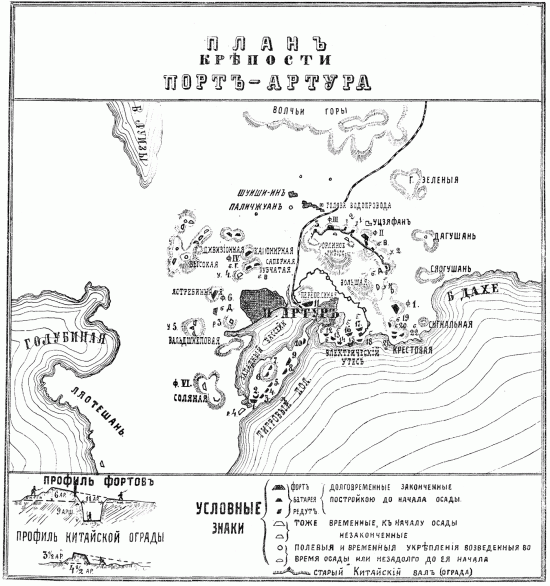
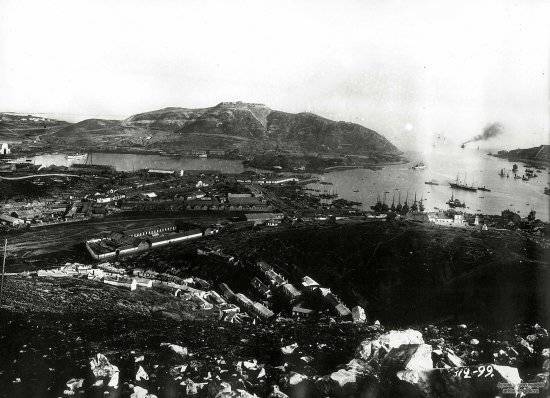
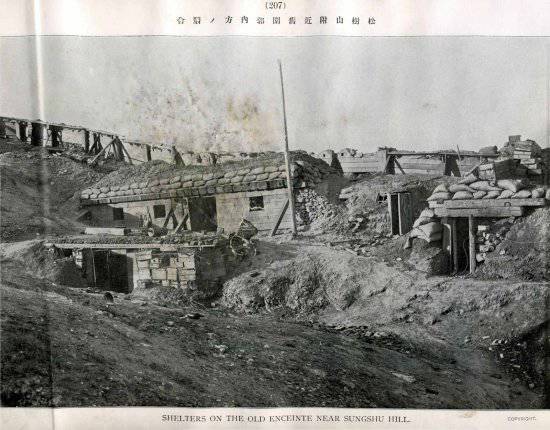
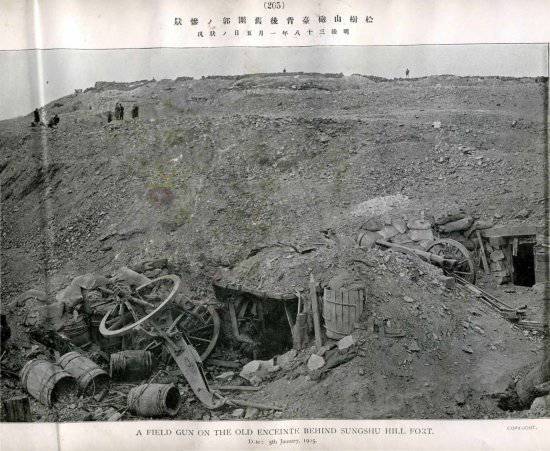
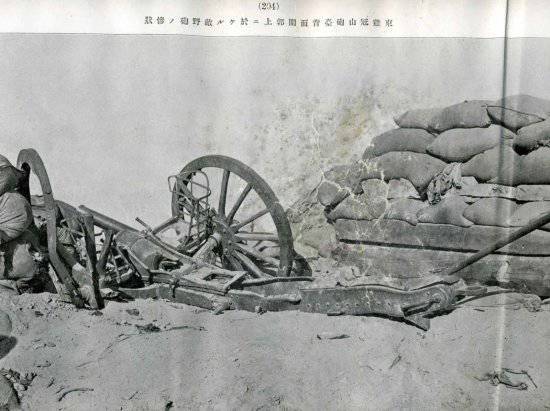
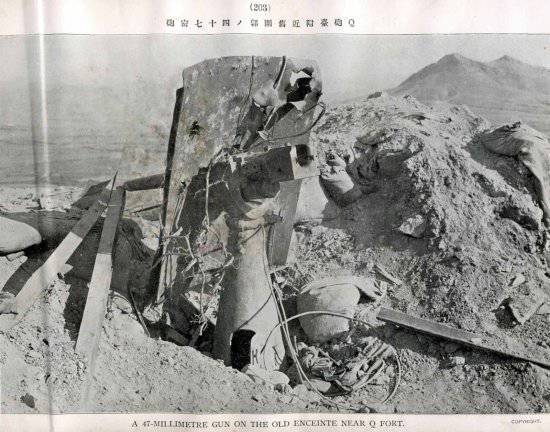
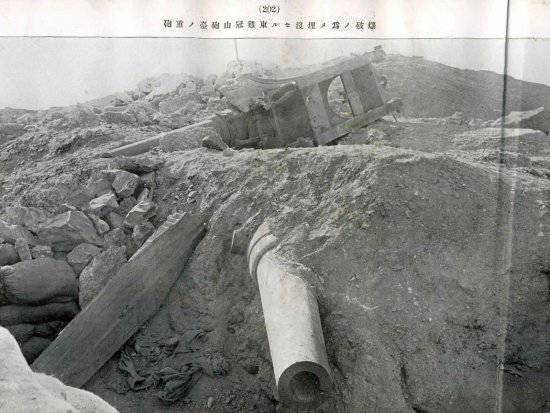
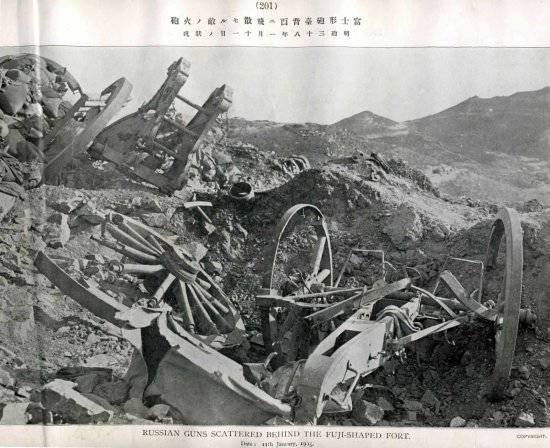
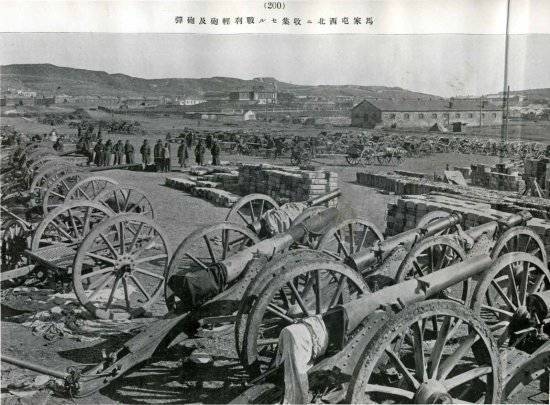
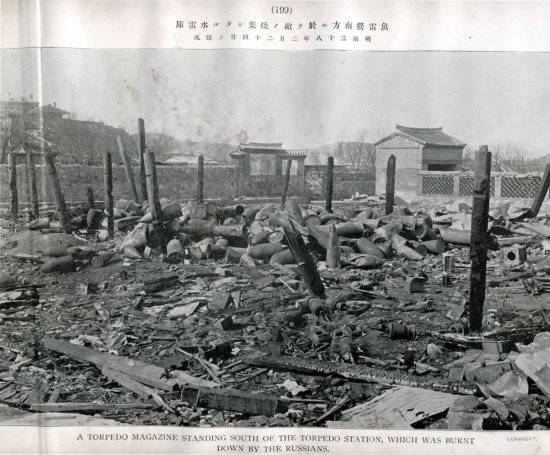
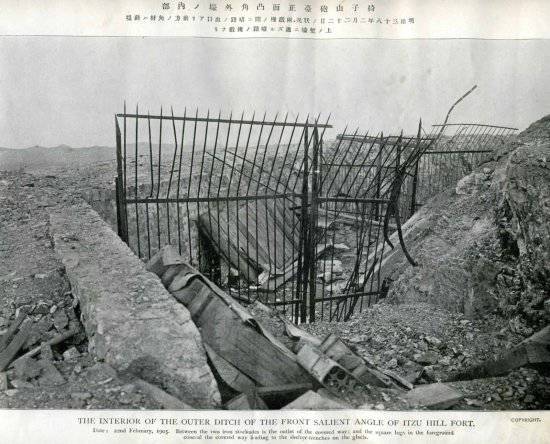
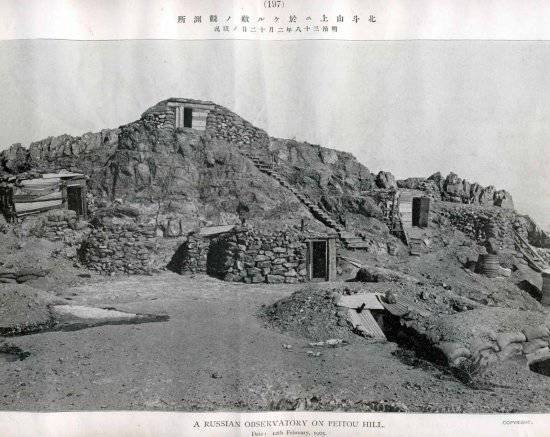
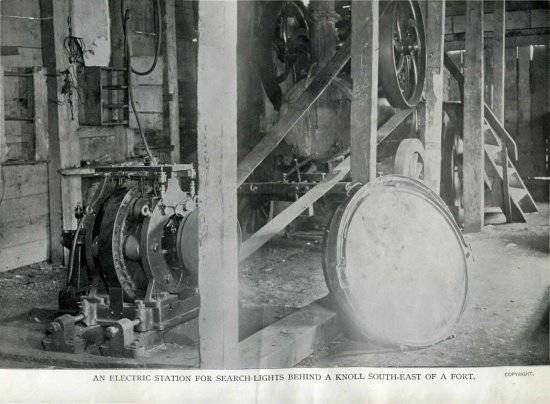
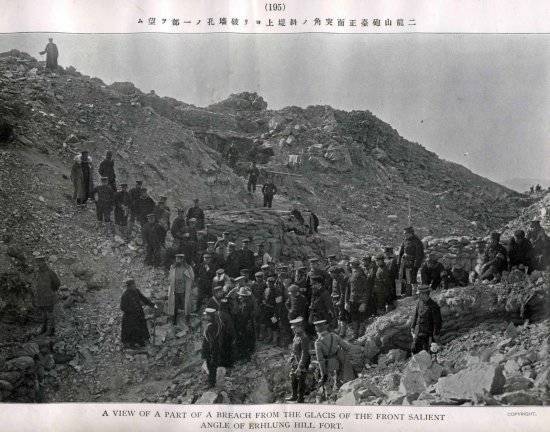
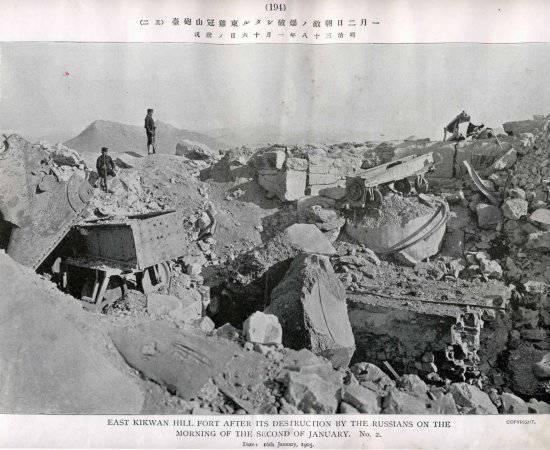
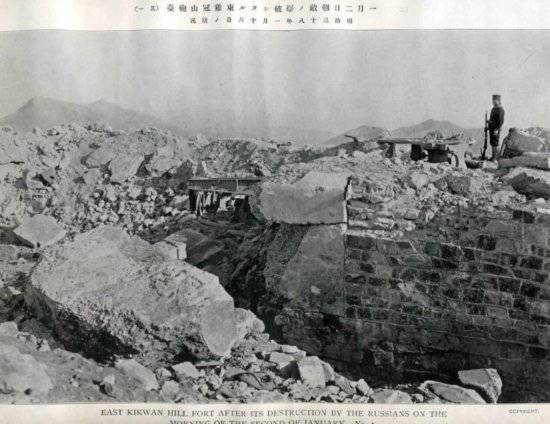
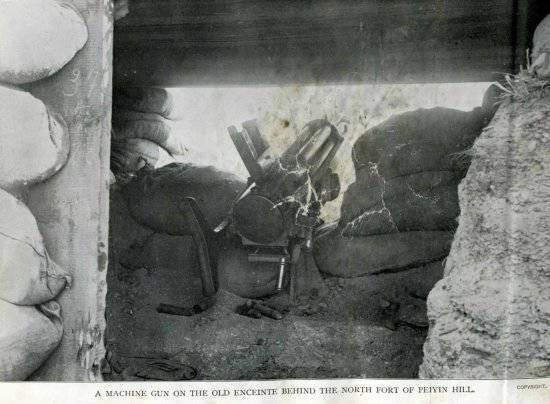
Information